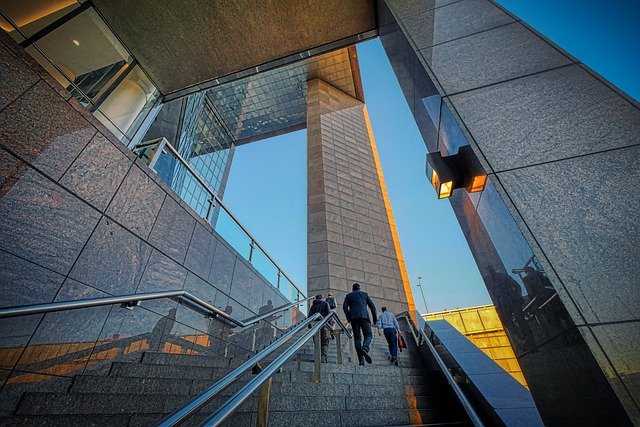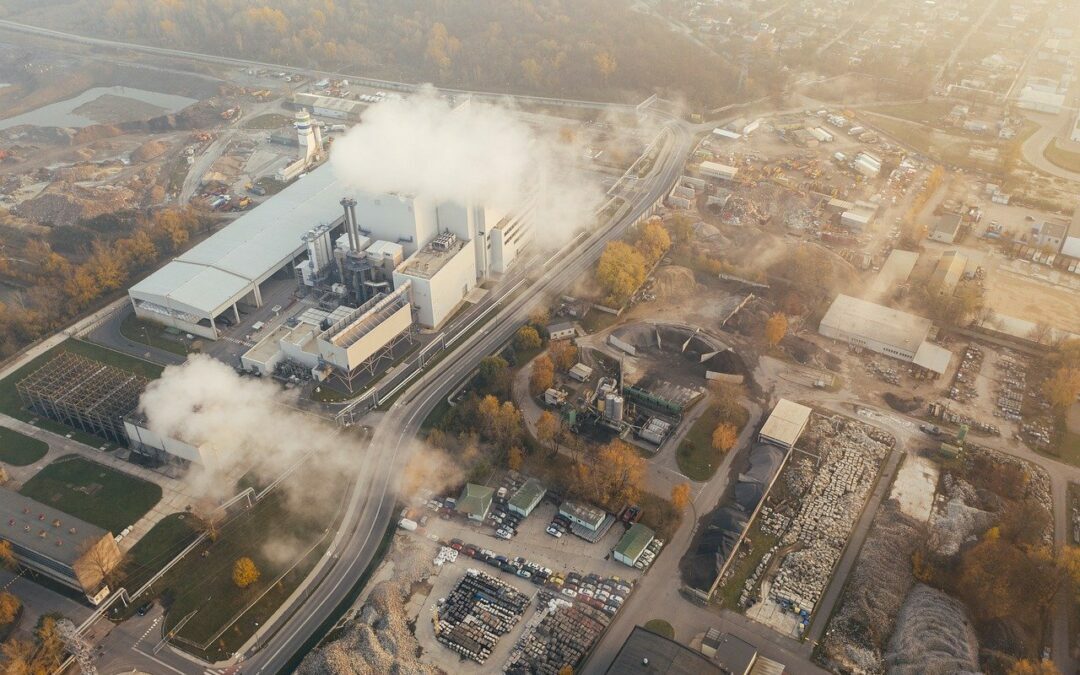
27-05-2024 | Noticias-en
The Gaming Control Authority (AJ) issued the new regulations to grant authorizations for business promotions in Bolivia, through Regulatory Resolution No. 01-00002-24 (new regulations), dated May 13.
Although the AJ has largely preserved the provisions of the predecessor regulation, it is necessary to highlight that certain substantial modifications have been introduced. In this article we will address the most relevant changes, taking into account their impact on the execution of this type of activities.
The new regulations propose modifications that will directly affect some of the marketing strategies that, until now, several companies actively applied. Such is the case of the so-called ”permanent activities”, which consist of promotional activities that remain unchanged for more than three years and that do not require authorization from AJ to be implemented.
The new regulations place special emphasis on two crucial points regarding this type of activities:
- Any modification to the initial conditions will cause the activity to be considered an unauthorized business promotion.
- It highlights that obtaining authorization resolutions from regulatory authorities does not exempt from obligations towards the AJ.
The first of these inclusions is intended to underline that any slight modification to the initial conditions of the permanent activity will cause it to lose that quality, becoming a regulated business promotion. Meanwhile, the second points out that, regardless of whether a company has authorization from the competent entities in its regulated sectors, such as the Financial System Supervision Authority or the National Hydrocarbons Agency, said authorization does not exempt it from control and sanction. by AJ.
This could cause a situation of uncertainty when companies that fully comply with the regulations approved by the competent authority of their sector are also subject to AJ inspections because this authority has a disparate criterion on what is meant by modification to a permanent activity. .
A second relevant change involves business promotions consisting of points clubs. The new regulation establishes the express prohibition of transferring, migrating or validating the points accumulated in business promotions to other activities, completely eliminating the possibility of resorting to this alternative that gained popularity in the past.
Likewise, a point that becomes extremely important is the new definition of the so-called ”payment for participation rights”. The new regulation maintains the provision of its predecessor, indicating that the application of this type of payment allows an activity to no longer be considered a business promotion. However, the definition implemented expressly excludes the following activities:
- The acquisition of goods and/or services marketed by the person developing the business promotion as a condition for participating in raffles, games of chance, any other means of access and/or sales with prizes of limited availability.
- Charges of a certain amount for the affiliation of one or more people to discount programs, accumulation of points or similar activities.
The second of these limitations is fundamental, since it was a common practice in the implementation of unregulated campaigns. Under the new regulations, charges for affiliation or membership in points clubs no longer allow the program to be considered a business promotion.
On the other hand, the use of computer media or other tools to carry out business promotions will require that the project explicitly contain a detailed indication of the media that will be used and the function they will fulfill in the development of the activity.
Regarding prizes, the new regulations prohibit offering vouchers or coupons for the exchange of prizes subject to registration. In addition, a new replacement obligation was imposed for prizes that consist of goods made of fragile material, with a replacement stock having to be provided in case of damage. On the other hand, for the donation of prizes that consist of perishable goods, a requirement was established that they have a minimum validity of one month, otherwise their donation to LONABOL will be made in the equivalent value in national currency.
Finally, ongoing business promotions and those requested prior to the new regulations coming into effect will be governed by the previous regulations. The applicability of the old regulations to requests for modification due to extension of the promotion may also become a topic of discussion, depending on the criteria that AJ is going to take on this issue.

27-10-2023 | Noticias-en
The Ministry of Labor, Employment and Social Security, through Ministerial Resolution No. 1545/2023, has determined to approve prevention and contingency measures to mitigate the effects of air pollution in work spaces.
The approval of these measures arises from the need to protect workers during the environmental emergency caused by the growing emergence of heat sources and air quality pollution.
Below we detail the measures implemented:
– General measures to limit exposure to air pollution
– Workers must use masks (FFP2, N95 or KN95 masks) while carrying out their work activities outdoors, to protect themselves from suspended particles.
– Reduce the use of transportation with combustion engines, fuels and/or substances that may contribute to increasing environmental pollution.
– Hydrate minimally with 1.5 liters of water per day.
– Avoid the use of contact lenses.
– Keep windows and doors closed in the workplace, during the performance of work activities.
– Workers who are likely to be mainly affected by the effects of environmental pollution (the elderly, pregnant women, among others) must avoid exposure and/or carry out outdoor activities. If you have health complications due to exposure to air quality, you should immediately go to a health center.
– Work establishments that are located near the areas with the greatest contamination must place wet towels in door and window slots.
– Avoid contact of people and/or pets with the ashes.
– Employers are obliged to inform and train their workers on contingency and reaction measures in the event of air pollution emergencies.
Measures to reduce emissions from burning materials, biomass and fuels
Agricultural burning, tire burning, waste burning, pyrotechnic burning, as well as avoiding the burning of firewood, charcoal, lighting candles or incense and other materials that contribute to air pollution are prohibited.
Actions to reduce environmental pollution
– The transport of construction materials in open vehicles without a tarp is prohibited.
– Reduce sweeping and grass cutting activities in areas that have medians, gardens and sports fields.
– Reduce the movement of particle-generating materials (clay, sand, gravel, among others), within establishments with storage of construction materials with more than fifty (50) tons in the open.
– Reduce activities that involve the use of explosives.
– Reduce the execution of activities that include construction, demolition and/or earthworks. Those activities indicated above that have mitigation measures for fugitive dust emissions are exempt.
– Avoid patching, painting, paving, works and activities that obstruct or hinder vehicular flow.
– Reduce the activities carried out in fixed or mobile industrial concrete plants that do not have equipment to control chemical emissions.
Restrictions of Industry and Service Sectors
Industries that have manufacturing processes that emit ozone precursors and that do not have emissions control equipment are required to take actions to reduce their emissions between 30% and 40%, starting from their baseline.
Service establishments and/or industries that, in the development of their activities, use products that contain volatile organic compounds for cleaning or degreasing and do not have emissions control, must reduce their activities by 30%.
The facilities of service providing companies, with the exception of health centers that do not have ozone precursor emissions control systems, must reduce the operation of their boilers by 30%.
The execution of activities related to mining, metallurgy, electricity and oil must reduce their atmospheric emissions under the controls of the supervisory agencies in charge of executing control in these areas, while the corresponding alerts are issued in the areas where their activities are carried out.
Pollution prevention and mitigation measures are mandatory for public institutions and private companies, and non-compliance may result in the application of financial fines or sanctions.
For more information contact:

Carla Arellano | Counselor Ferrere | carellano@ferrere.com

13-04-2023 | Noticias-en
The Ministry of Labour, Employment and Social Welfare, after the constant reduction in infections, has determined a new regulation and application of the working day, which will be in force from March 6, 2023.
The following modifications stand out:
Public institutions and private companies must apply a “Discontinuous Hours” of eight (8) hours a day, with a rest period between work shifts.
Private companies are obliged to apply the Discontinuous Schedule; however, they can adapt the entry and exit hours of the workers according to the nature of their activities.
Public companies may request continuous working hours under the following circumstances:
For reasons related to the physical safety of workers, who require natural light to provide services.
To provide a better service to the community, ensuring effectiveness, efficiency, and responsibility in the care of the population.
Public institutions and private companies, in order to avoid contagion by COVID – 19, must continue to implement the following measures:
Staggered entry and exit of work
Alternation of personnel, between face-to-face assistance and teleworking, from one (1) to two (2) days every other day, due to working conditions and the number of workers.
Application of special working conditions, such as ensuring the same rights and guarantees for face-to-face personnel as for teleworking.
Any other biosecurity measure, in addition to the protocols established by the Ministry of Health and Sports.
For more information contact:

Carla Arellano | Counselor Ferrere | carellano@ferrere.com






